All: Cross-time comparison of adverse childhood experience patterns among Kenyan youth: Violence Against Children and Youth Surveys, 2010 and 2019
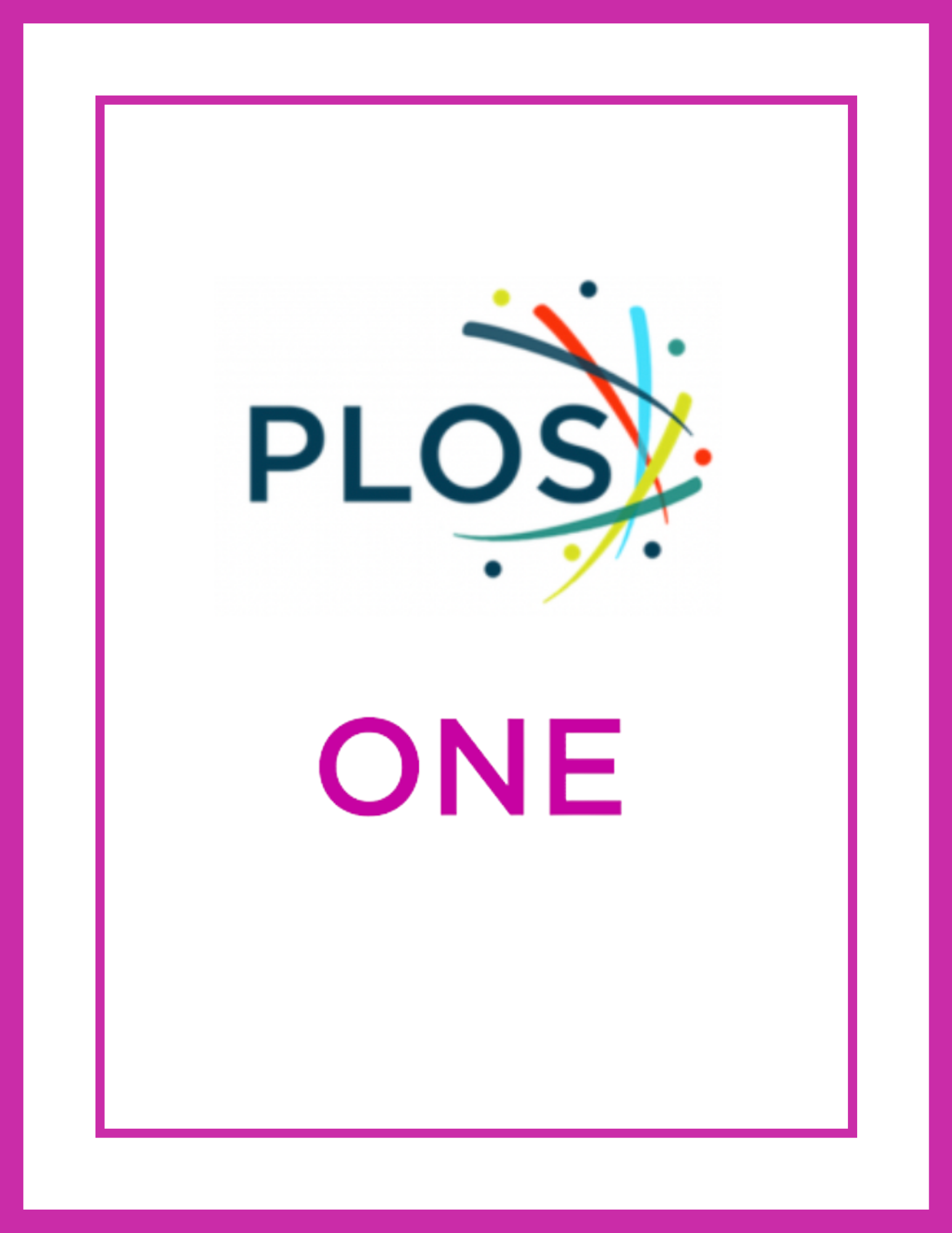
Sex and age effects in past-year experiences of violence amongst adolescents in five countries
The purpose of this study was to investigate experiences of violence by age and sex across in Cambodia, Haiti, Kenya, Malawi, and Tanzania.
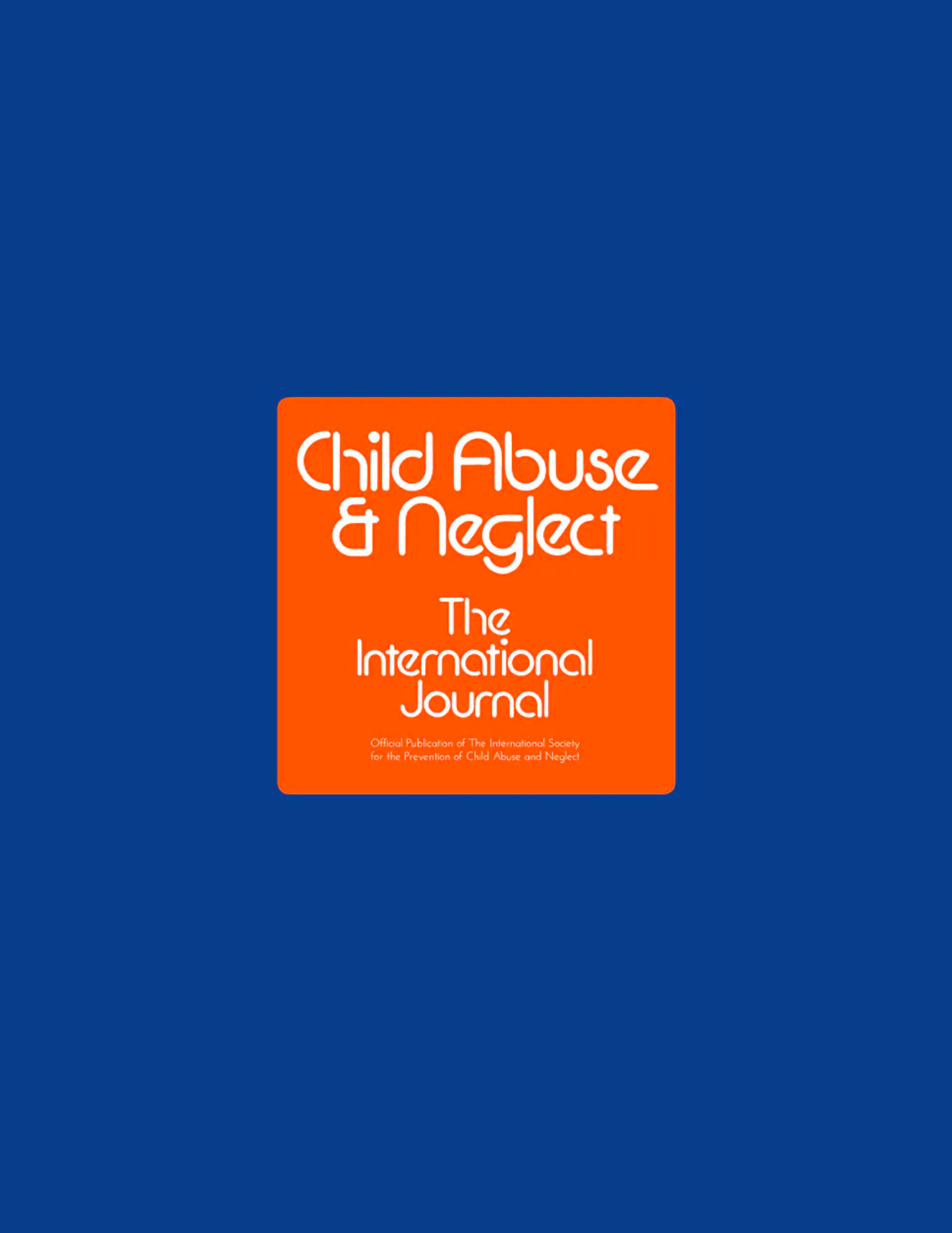
A sex-disaggregated analysis of how emotional violence relates to suicide ideation in low- and middle-income countries
This study examines how exposure to emotional violence is associated with suicide ideation in childhood and adolescence in low- and middle-income countries.
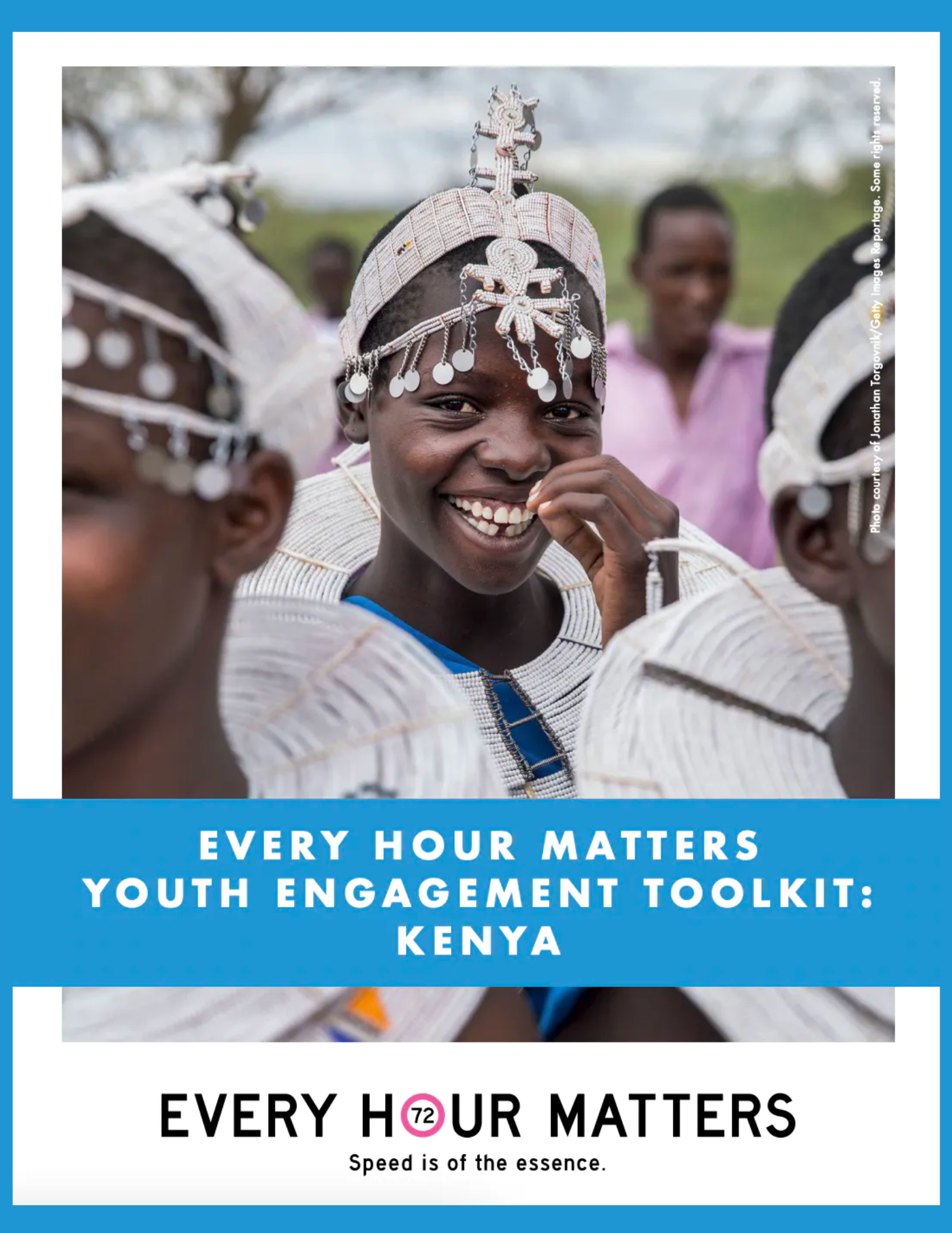
Every hour matters youth engagement toolkit Kenya
This youth engagement toolkit is a unique new resource created for the campaign. It includes key messages and organizing tools designed specifically to guide youth-led organizations in delivering vital information on post-rape care to the youth populations they serve in the form of educational workshops.
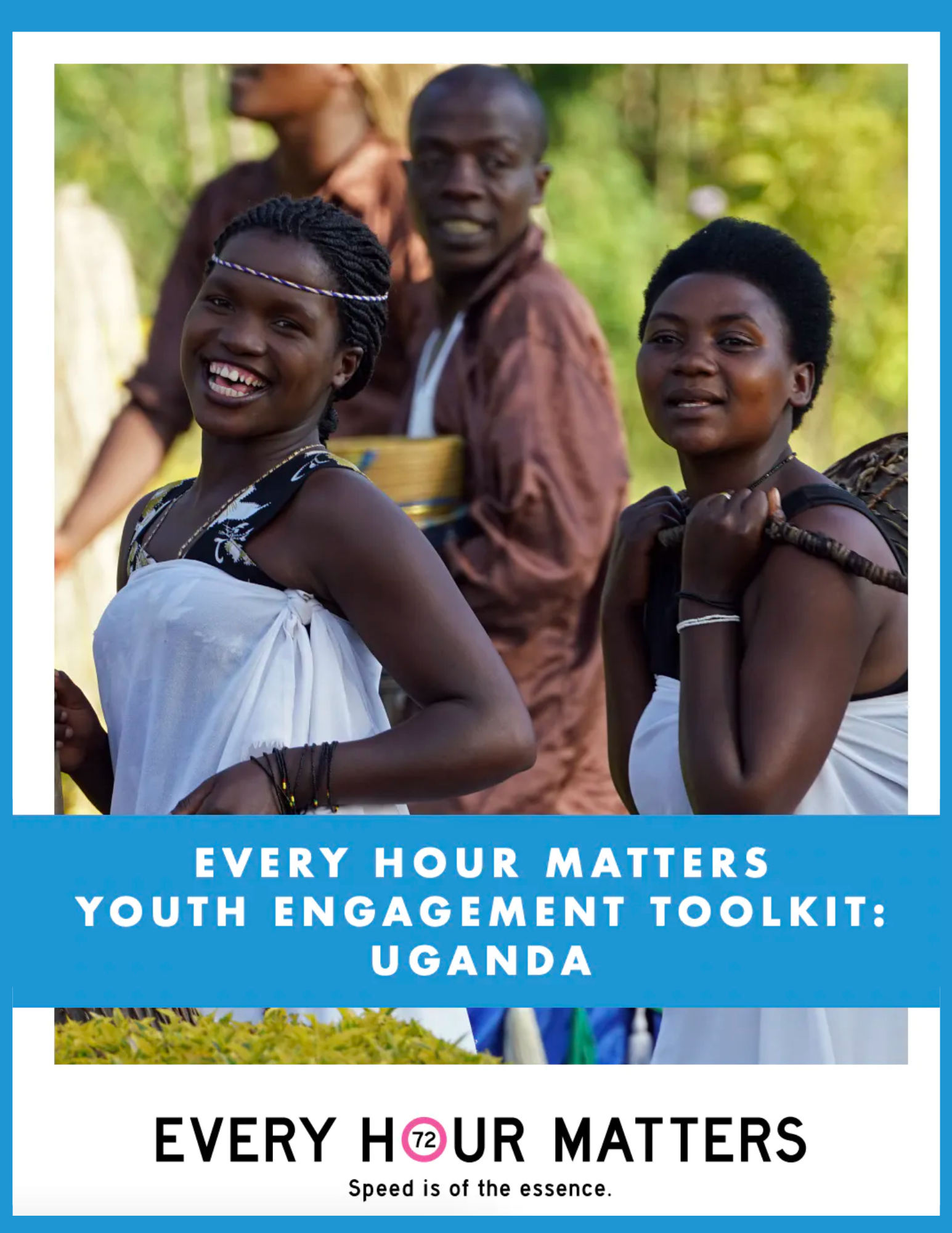
Every hour matters youth engagement toolkit Uganda
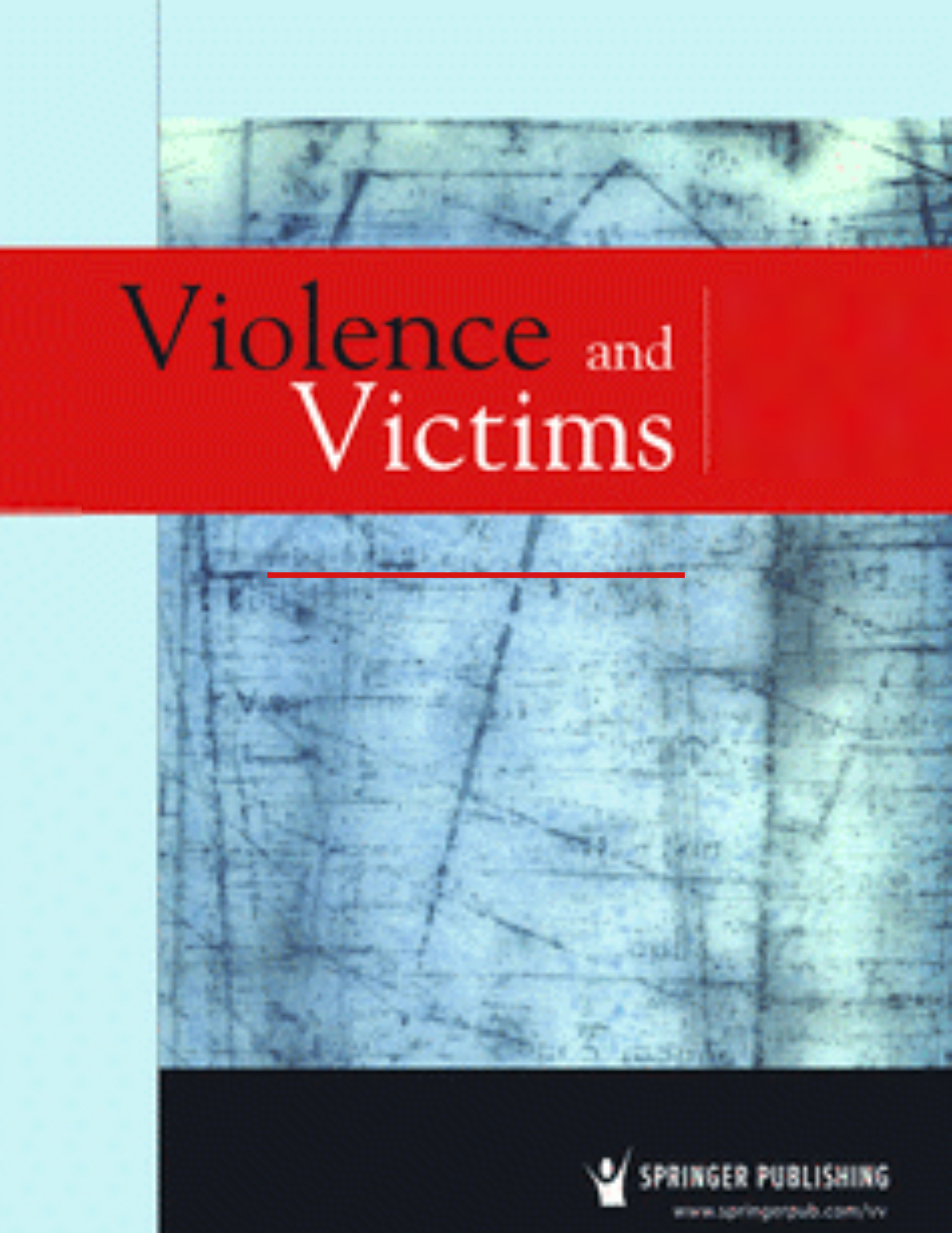
Effects of poly-victimization before age 18 on health outcomes in young Kenyan adults: Violence Against Children and Youth Survey
This study explores the collective effects of childhood sexual, physical, and emotional violence on selected self-reported health outcomes among young Kenyan females and males using the Violence Against Children Survey (VACS).

Cycle of violence among young Kenyan women: The link between childhood violence and adult physical intimate partner violence in a population-based survey
This study explores the association between emotional, physical, and sexual violence against children with physical intimate partner violence in young adulthood.

Missed treatment opportunities and barriers to comprehensive treatment for sexual violence survivors in Kenya: A mixed methods study
This study compares the characteristics of survivors who present for healthcare to those of survivors reporting violence on national surveys; understand the healthcare services provided to survivors; and, identify barriers to treatment.

What explains childhood violence? Micro correlates from Violence Against Children and Youth Surveys
This paper uses data on childhood violence for 10,042 individuals from Cambodia, Kenya, Swaziland, Tanzania.

Childhood sexual violence against boys: A Study in three countries
This study sought to produce the first internationally comparable estimates of the magnitude, characteristics, risk factors, and consequences of sexual violence against boys in three countries.
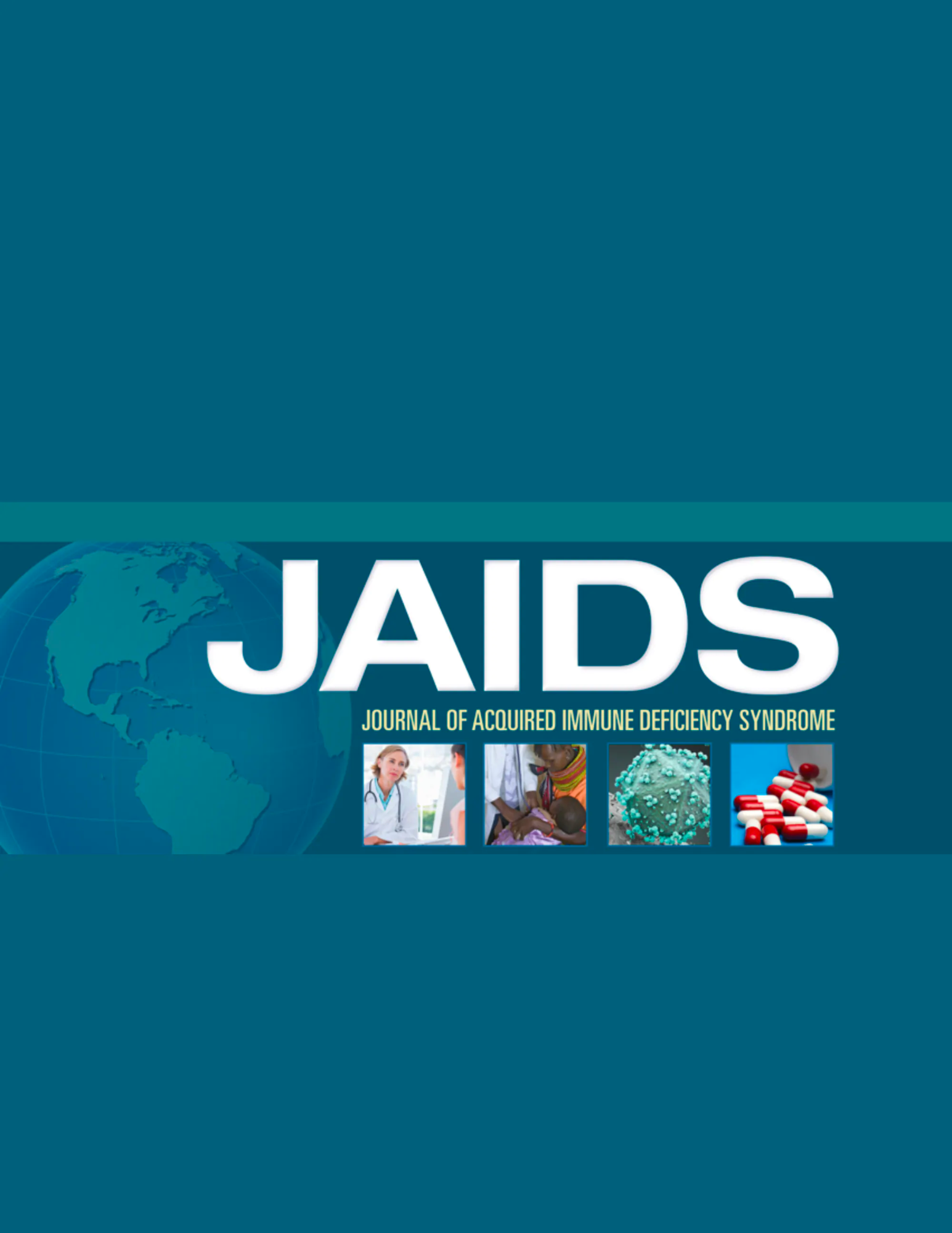
Preventing sexual violence and HIV in children
This study explores the evidence linking violence against women and HIV, including on the cycle of violence and the links between violence against children and women.
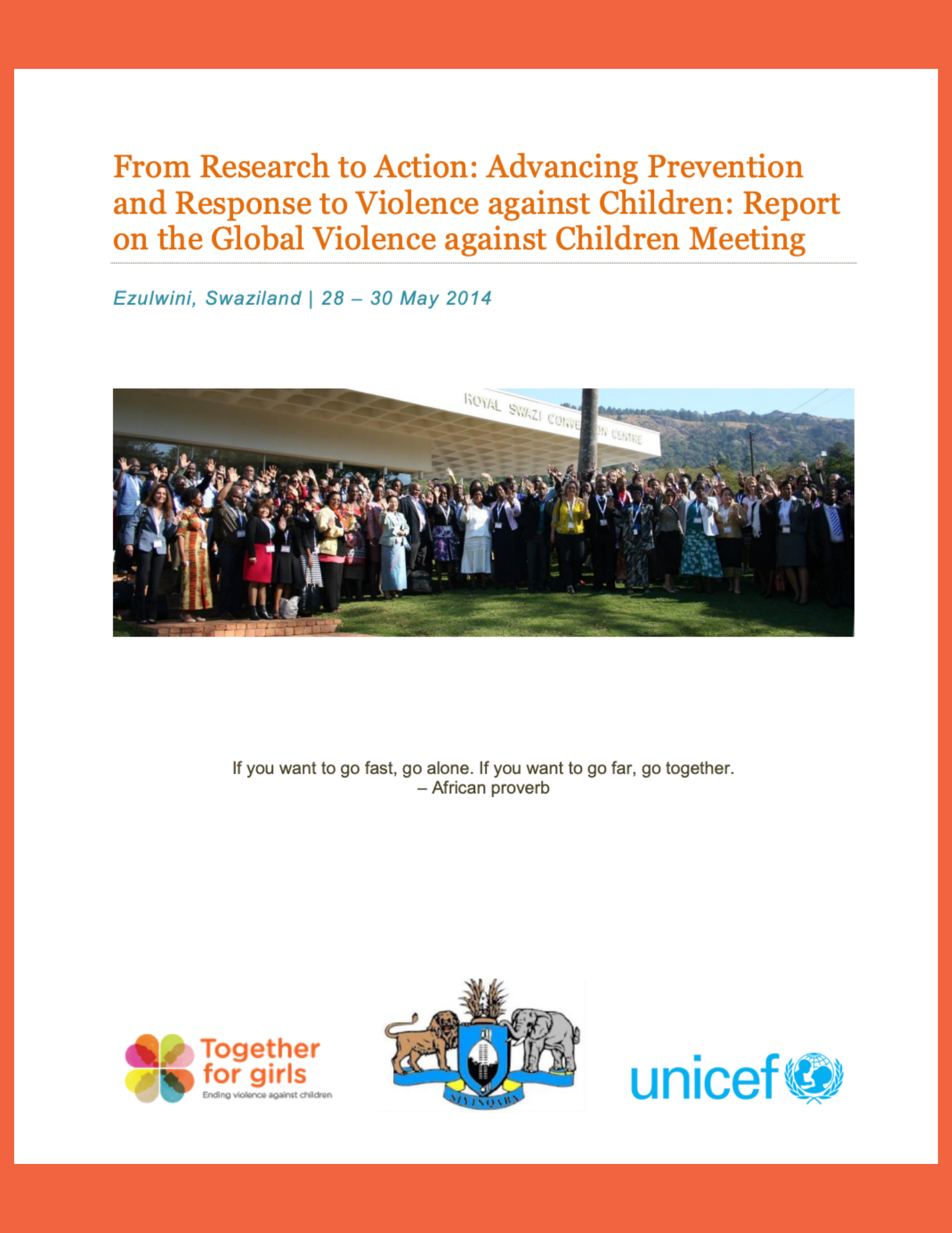
From research to action: Advancing prevention and response to violence against children
This report summarizes the content and recommendations that emerged from the Global Meeting on Violence against Children in Ezulwini, Swaziland, 2014.
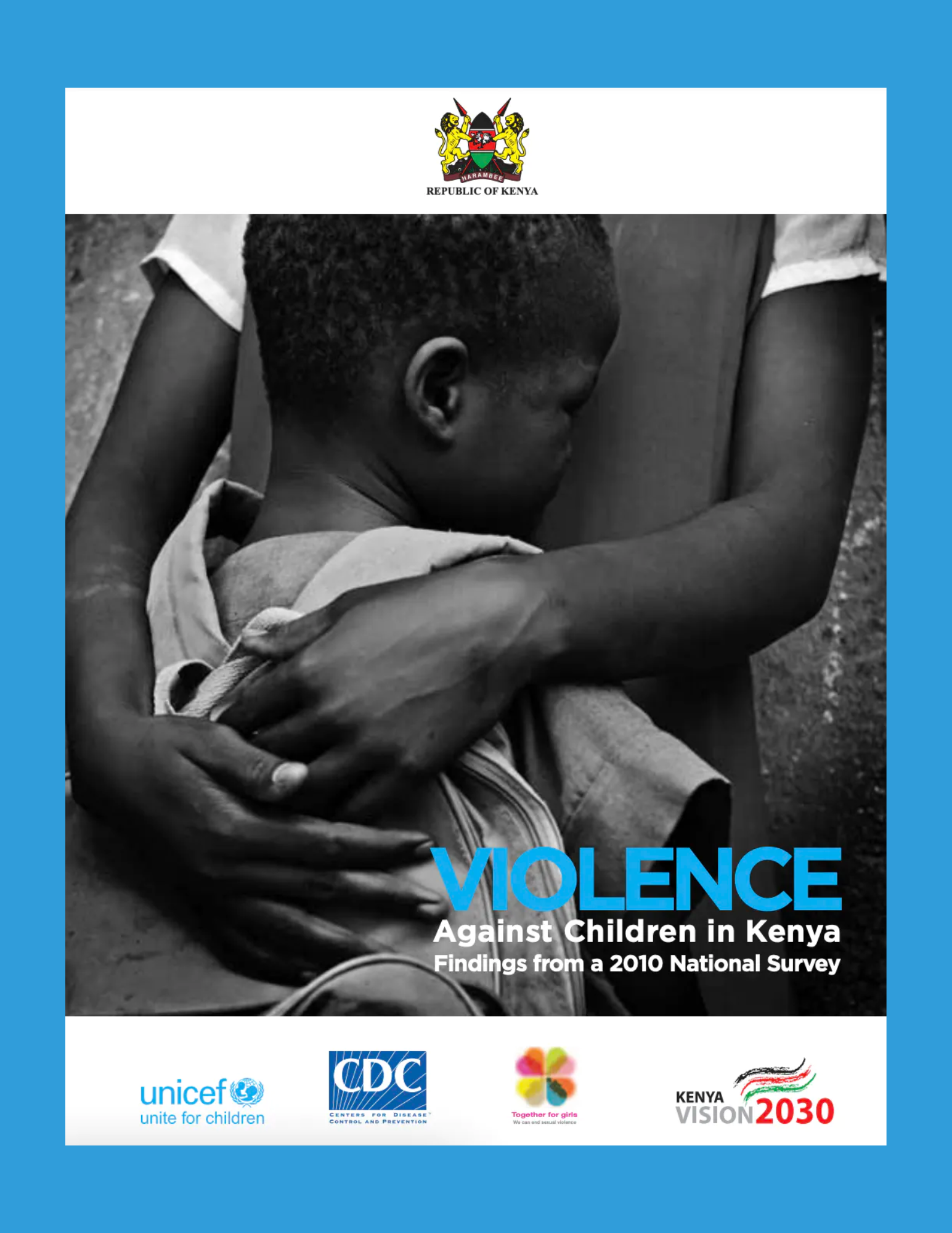
Kenya Violence Against Children and Youth Survey (VACS) report 2012 (data collection 2010)
Explore the data in Kenya's Violence Against Children and Youth Survey (VACS) report.